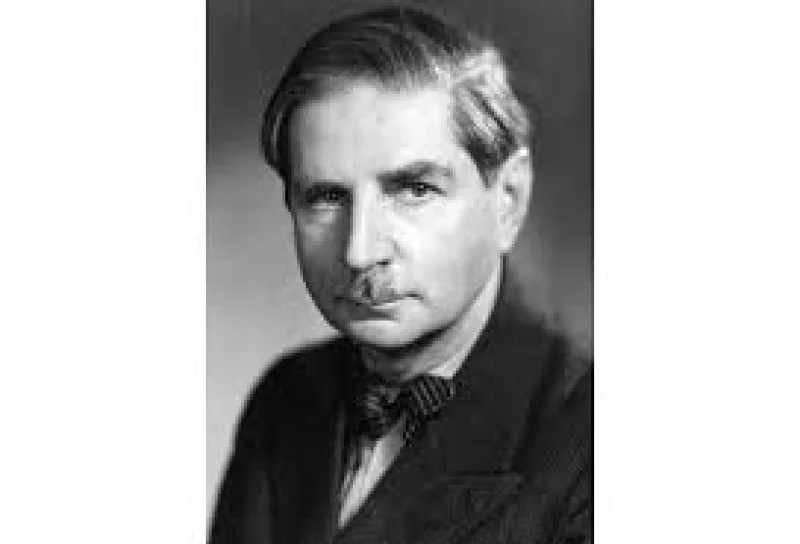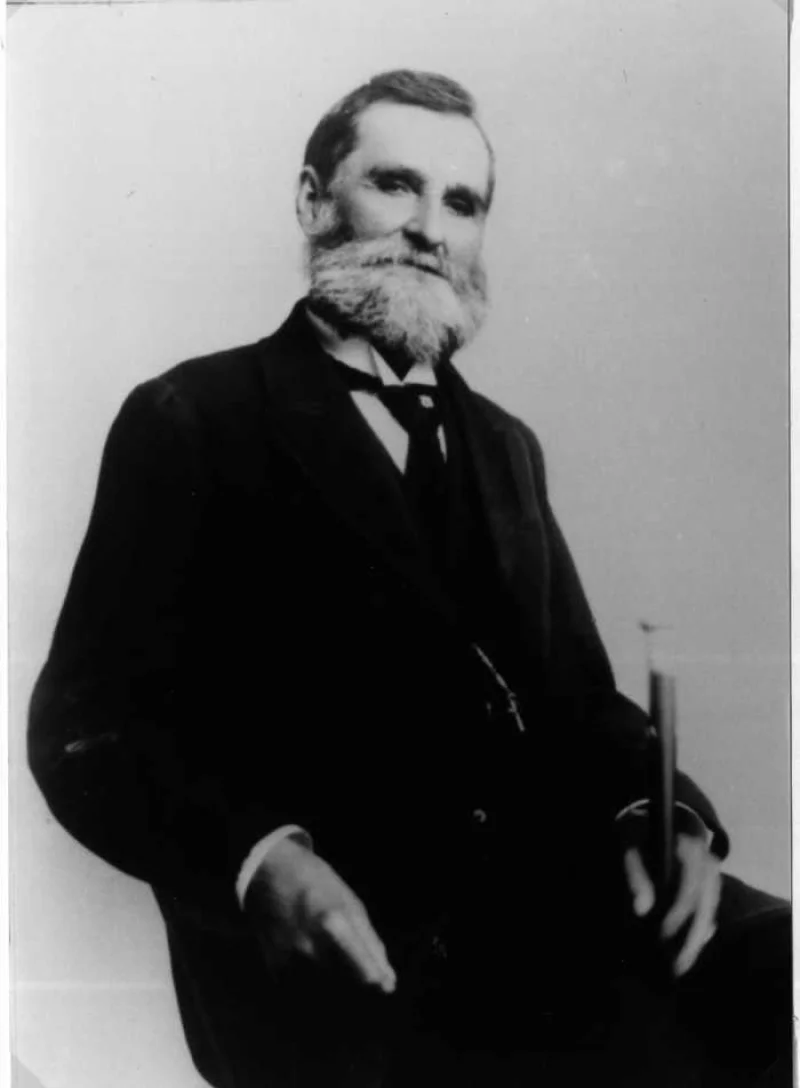Short Summary
Vladimir Vernadsky was a prominent Russian and Soviet scientist, renowned for his pioneering work in biogeochemistry, geochemistry, and the concept of the biosphere. He is best known for his development of the biosphere theory, which described the role of living organisms in shaping the Earth’s environment. Vernadsky's interdisciplinary approach laid the groundwork for many modern environmental sciences, making him a key figure in the study of the Earth’s systems.
Early Life & Education
Vladimir Ivanovich Vernadsky was born on March 12, 1863, in Saint Petersburg, Russia. He came from a scholarly family; his father was an economist and his mother was a music teacher. Vernadsky showed an early interest in the natural sciences, which was encouraged by his family. He attended Saint Petersburg State University, where he studied under some of the leading scientists of his time. Influenced by the works of Dmitri Mendeleev and other contemporary scientists, Vernadsky developed a keen interest in mineralogy and geochemistry, fields that would define his career.
Career Highlights
Vernadsky’s career was marked by a series of significant contributions to science. After completing his studies, he became a professor at Moscow University and later at the University of Saint Petersburg. His research in mineralogy and crystallography led to significant advancements in these fields. Vernadsky is most celebrated for founding the field of biogeochemistry and for his extensive research on the biosphere. He was also a founding member of the Ukrainian Academy of Sciences and played a significant role in establishing the Radium Institute in Russia, showcasing his diverse scientific interests and leadership in scientific institutions.
Major Achievements
- Developed the theory of the biosphere, describing the role of life in shaping the Earth’s environment.
- Founded the field of biogeochemistry, integrating biological and geological sciences.
- Contributed to the establishment of the Ukrainian Academy of Sciences.
- Played a key role in the founding of the Radium Institute in Russia, advancing nuclear science.
Famous Quotes
- "The biosphere is the region of transformation of cosmic energy on Earth."
- "In the course of time, mankind will be able to influence the geochemical processes in the biosphere, and this will become a major geological force."
Interesting Facts
- Vernadsky was one of the first scientists to recognize the environmental impact of human activities.
- He was a proponent of interdisciplinary research, integrating natural sciences and humanities.
- Despite his scientific achievements, Vernadsky also took an active interest in philosophy and history.
- His concept of the biosphere laid the foundation for the Gaia hypothesis developed decades later.
Legacy / Influence
Vernadsky's work on the biosphere and biogeochemistry has had a lasting impact on environmental science. His interdisciplinary approach inspired future generations of scientists to study the Earth as a complex, interconnected system. His theories on the biosphere have contributed significantly to modern ecology and environmental science, emphasizing the importance of living organisms in shaping the Earth’s environment.
FAQ
Q: Why is this person famous?
A: Vladimir Vernadsky is famous for his pioneering work in biogeochemistry and for developing the concept of the biosphere.
Q: What did he contribute to science?
A: He founded the field of biogeochemistry and developed the theory of the biosphere, which are fundamental to environmental science.
Q: What institutions did he help establish?
A: He was instrumental in founding the Ukrainian Academy of Sciences and the Radium Institute in Russia.
Q: What is the biosphere according to Vernadsky?
A: The biosphere, according to Vernadsky, is the zone of life on Earth where living organisms influence geological and chemical processes.












